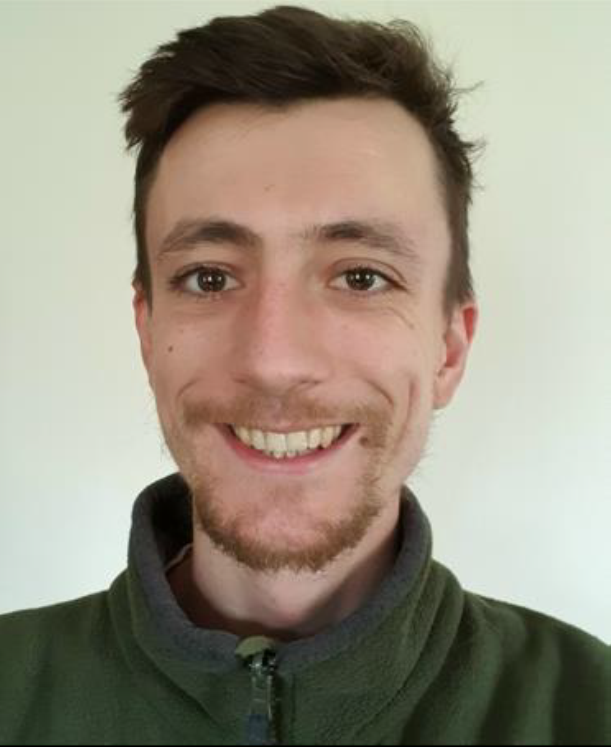Mr Leo Burke

Contact Info
osu266@bangor.ac.uk
Research
My current PHd project will use a combination of experimental, observational and remote sensing approaches to measure the impacts of artificial skyglow on the chronobiology of intertidal macro-invertebrates from gene expression, to individual phenotypic and population level effects. Biological clocks play an important part in the lives of terrestrial animals, but their importance to creatures and ecosystems in the marine environment has gotten less attention. It is critical to examine timekeeping mechanisms in marine creatures, particularly essential species that have a significant influence on ecosystem functioning, in order to understand how future environmental changes may effect marine systems. The research will focus on common UK taxa known to utilise lunar light cycles to inform their movement and reproductive biology
Research
The project will be the first to determine how artificial skyglow disrupts the molecular chronobiology of intertidal macroinvertebrates, integrating findings with subsequent ecological impacts by meeting the following objectives:
1. Molecular rhythmicity: Quantify the impact of disrupting lunar light cycles on clock gene expression of target organisms.
2. Individual phenotypes: Characterise the consequences of disrupted clock expression on the behaviour, development and survival of target organisms.
3. Population dynamics: Using data collected from 1, 2, and field surveys, predict the population-level consequences of artificial skyglow.
Education / academic qualifications
- 2019 - MSc , Marine Biology (2018 - 2019)
- 2017 - BSc , Marine Vertebrate Zoology , School of Ocean Sciences (2013 - 2017)
Research outputs (1)
- Published
Artificial light and cloud cover interact to disrupt celestial migrations at night
Research output: Contribution to journal › Article › peer-review

